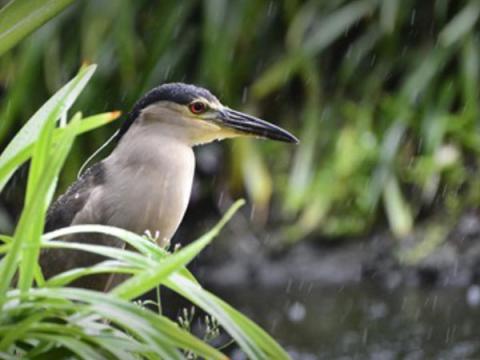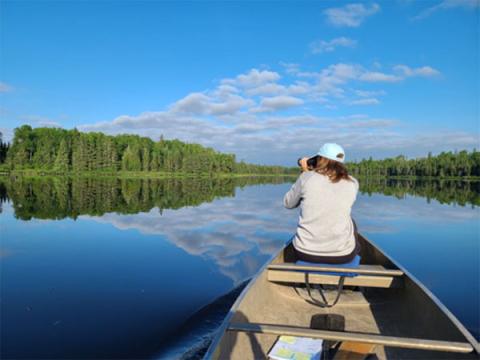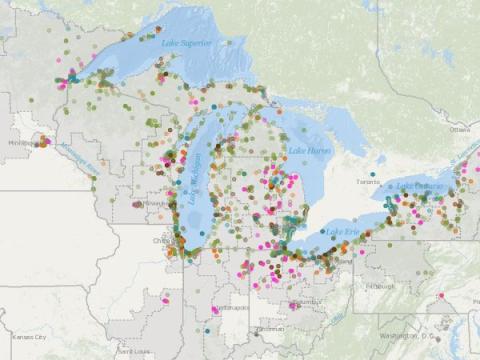Great Lakes collaboration across the U.S. government
Read the Great Lakes Restoration Initiative (GLRI) FY2025-2029 plan and come back for updates.
The Great Lakes Restoration Initiative (GLRI) accelerates efforts to protect and restore the largest system of fresh surface water in the world – the Great Lakes.
-
Image

Learn about GLRI Action Plan 4
Read about how GLRI is working with state, Tribe, and nonfederal partners to strategically target the biggest threats to the Great Lakes ecosystem and associated human health issues.
-
Image

View recent updates to GLRI.us projects
Guided by the GLRI Action Plan, the Federal agencies of the GLRI’s Regional Working Group coordinate to select the best combination of programs, projects, and activities to achieve GLRI goals.
-
Image

Map of GLRI projects
This map shows the symbolic location of all Great Lakes Restoration Initiative projects funded between fiscal years 2010 and 2020.

